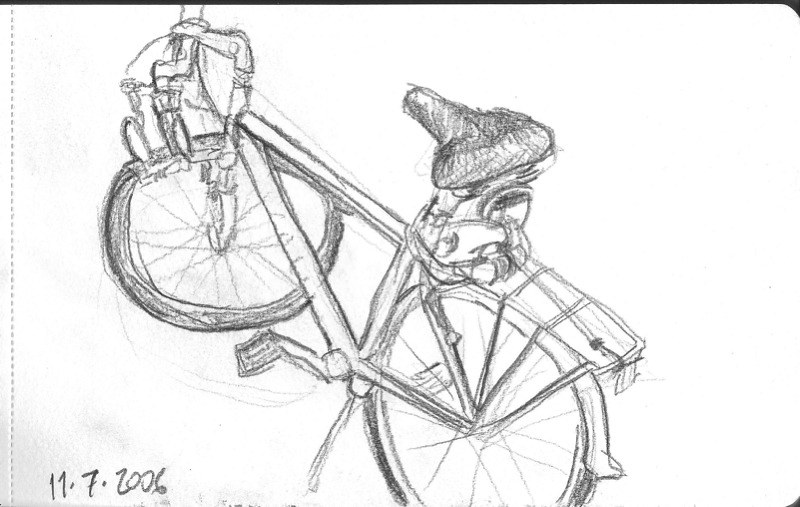I was listening to Nonviolence Radio and they were talking about restorative justice. This is another form of dealing with painful situations. Without punishment and through mutual learning and reconnecting.
The example they shared on this radio show was from Dominic Barter, who facilitates these restorative circles.
One time a kid had stolen a car from a cab driver in a financially poor neighborhood. He wrecked the car. In a restorative circle, they gathered all the people affected by this action. All parties shared how this situation impacted their lives in a dialogue. The cab driver shared that the car was all he owned. He used it to sustain himself and his family. Instead of punishment by a judge, in a restorative circle, the parties themselves decide how the damage can be restored. The kid told the cab driver: “The car was everything you owned, the only thing I own is my bicycle. I would like to give you my bike.” The cab driver accepted and that’s how they dealt with this painful situation.
I felt so inspired hearing this story and wanted to contribute to the movement from retributive justice towards restorative justice.
My mind came up with this:
To ask politicians, judges, and district attorneys these four questions:
1. How satisfied are you with the results of punishing your friends when they did something that was painful for you?
Fully satisfied 0 0 0 0 0 Not satisfied
2. How satisfied are you with the results of punishing your partner after they did something that was painful for you?
Fully satisfied 0 0 0 0 0 Not satisfied
3. How satisfied are you with the results of punishing yourself after you did something that you were unhappy with?
Fully satisfied 0 0 0 0 0 Not satisfied
4. How satisfied are you with the results when other people punished you when you were a child?
Fully satisfied 0 0 0 0 0 Not satisfied
I can imagine some eyes of these people opening up and feeling the pain and relative ineffectiveness of punishment in their personal lives. If this is the case in their personal lives, why would it be any different when they are punishing people in the roles they play as politician, judge or distric attorney?
To the people whose eyes open up, I would offer the alternative of restorative justice.
For now these four questions are just a musing and I’m not planning to take any action to put this project into practice. Feel free to take it, as with everything that comes through me.
What I do want, is to learn and start practicing these restorative circles in the medium term, say 2022. And incorporate them into my work with EersteHulpbijGesprekken.nl
Can’t wait 🙂
Drawing by Dylan Tweney CC-BY
